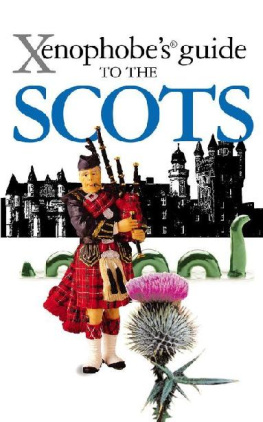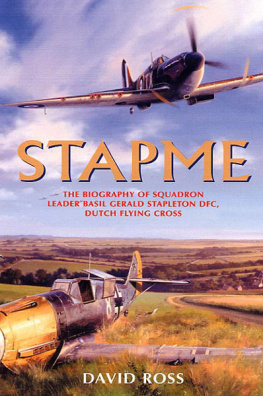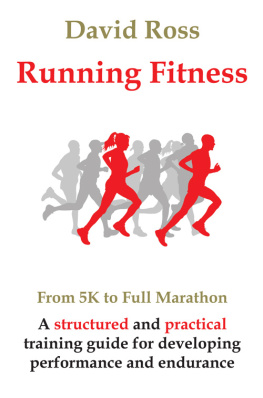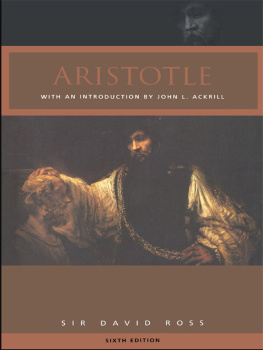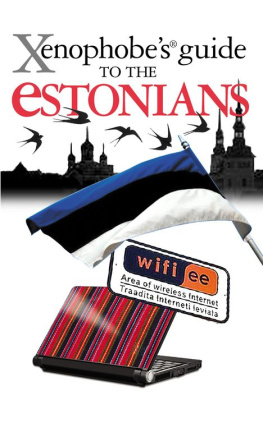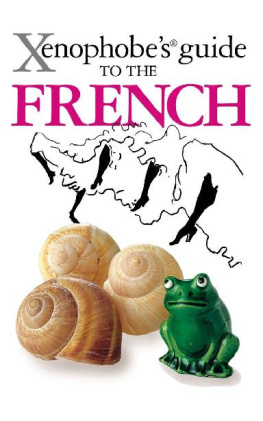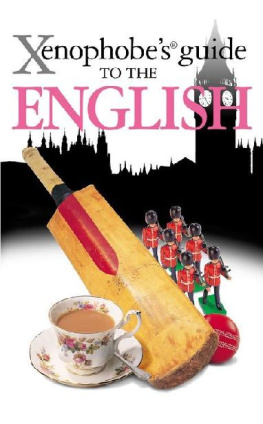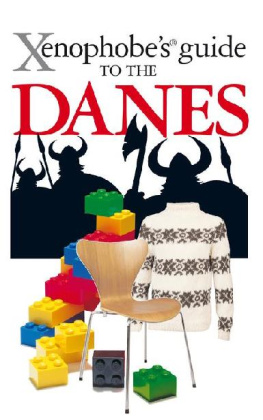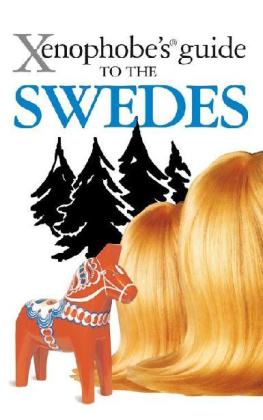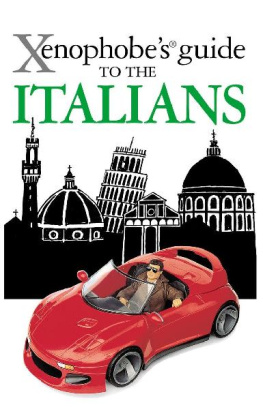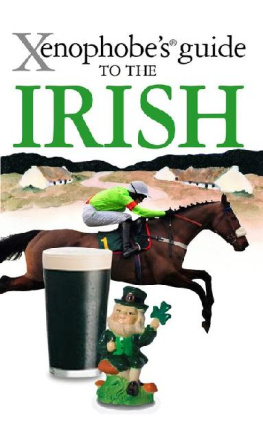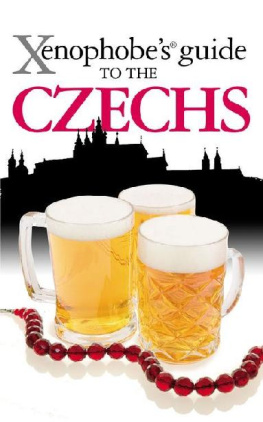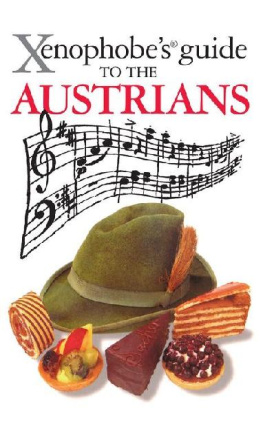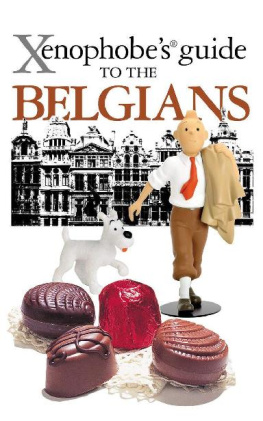David Ross - The Xenophobes Guide to the Scots
Here you can read online David Ross - The Xenophobes Guide to the Scots full text of the book (entire story) in english for free. Download pdf and epub, get meaning, cover and reviews about this ebook. City: London, year: 2011, publisher: Oval Projects, genre: Detective and thriller. Description of the work, (preface) as well as reviews are available. Best literature library LitArk.com created for fans of good reading and offers a wide selection of genres:
Romance novel
Science fiction
Adventure
Detective
Science
History
Home and family
Prose
Art
Politics
Computer
Non-fiction
Religion
Business
Children
Humor
Choose a favorite category and find really read worthwhile books. Enjoy immersion in the world of imagination, feel the emotions of the characters or learn something new for yourself, make an fascinating discovery.
- Book:The Xenophobes Guide to the Scots
- Author:
- Publisher:Oval Projects
- Genre:
- Year:2011
- City:London
- Rating:3 / 5
- Favourites:Add to favourites
- Your mark:
- 60
- 1
- 2
- 3
- 4
- 5
The Xenophobes Guide to the Scots: summary, description and annotation
We offer to read an annotation, description, summary or preface (depends on what the author of the book "The Xenophobes Guide to the Scots" wrote himself). If you haven't found the necessary information about the book — write in the comments, we will try to find it.
David Ross: author's other books
Who wrote The Xenophobes Guide to the Scots? Find out the surname, the name of the author of the book and a list of all author's works by series.
The Xenophobes Guide to the Scots — read online for free the complete book (whole text) full work
Below is the text of the book, divided by pages. System saving the place of the last page read, allows you to conveniently read the book "The Xenophobes Guide to the Scots" online for free, without having to search again every time where you left off. Put a bookmark, and you can go to the page where you finished reading at any time.
Font size:
Interval:
Bookmark:


The population of Scotland is 5 million (10 million if you include the sheep) compared with 52 million English, 3 million Welsh, 5 million Irish, 62 million French, 33 million Canadians and 307 million Americans.
Scotland is a bit smaller than Iceland, nearly twice as big as Switzerland, and could fit into France seven times.
If there is one characteristic that defines the Scots it is that they are different. Not better or worse than anyone else, but definitely not to be confused with any other nation. A great deal of effort is put into being distinctive. Some people think this is all to do with the tourism industry, but they are quite wrong. The Scots do it entirely for their own satisfaction.
Being Scottish is not simple and straightforward. For many Scots perfecting their Scottishness is a lifetimes activity.
Living as they do on the north-western edge of Europe, the Scots have evolved their own way of doing things, and take great pride in it. Being Scottish is not simple and straightforward, and for many Scots perfecting their Scottishness is a lifetimes activity.
This may lead you to think that the Scots are a nation addicted to showing off and boasting. Nothing could be further from the truth they just want you to appreciate the fact that they are people who dance to their own particular tune. Knowing this enables you to appreciate their finer points: this is the essence of judgement, and all Scots are judges at heart.
The Scots have a very sustained and steady sense of their own worth, and they dont mind who knows it. Apart from such things as whisky, tartan, bagpipe music and Dundee cake, they have given the world the bicycle, gas for lighting, the first effective steam engine, the pneumatic tyre, chloroform, the telephone, television , penicillin, the ultra-sound scanner, paraffin, the mackintosh, the milking machine, the water softener, Dolly the cloned sheep and if you didnt know this, theyll be glad to enlighten you. This is not a reticent, withdrawn, sorry-weve-bothered-you set of people.
Even if they have been Americans, Canadians or New Zealanders for ten generations they know deep down in their hearts that they are really Scots.
About 5 million Scots live in Scotland but over the past few centuries 30 million Scots have been scattered to the four corners of the earth. There are special nuclei, little Scotlands, in South Carolina, Eastern Canada, the South Island of New Zealand and in the BBC. Yet though they have been Americans, Canadians or New Zealanders for ten generations , they know deep down in their hearts that they are really Scots. Many with only tenuous reasons for attachment are drawn by sentiment. Forebears of the artist Whistler, whose middle name was McNeill, hailed from a small island on the west coast of Scotland and his American descendants make regular visits home.
Scots, it seems, are often keen to leave their country, then spend the rest of their lives attending Caledonian Society Meetings, celebrating with haggis and singing mawkishly sentimental songs, with tears in their eyes, about their Highland home far across the sea. They always have a Highland home far across the sea, even if they came from Glasgow.
Non-Scots are divided into two main groups:
1. The English
2. The Rest
If you belong among The Rest, you have a head start.
The Scots generally find strangers fascinating, and many are the tales recounted by the lonely traveller of how he was welcomed with open arms in some remote Scottish glen. As long as he wasnt English of course.
Scots are often keen to leave their country, then sing sentimental songs about their Highland home across the sea.
Americans are liked partly because many of the Americans who come to Scotland are of Scots ancestry, but more because of their perceived uncomplicated open-ness and generosity. Canadians are equally popular, if not more so, because they are even more likely to be just a few generations away from being Scottish themselves.
The Scots also like Europeans, especially those from Scandinavia, who they see as fellow-Northerners, sharing virtues that combine individualism and community spirit, and enduring the same testing weather conditions. They particularly admire vibrant and fully independent countries whose populations are not much bigger, or perhaps even smaller, than their own like Denmark, Switzerland and, of course, Ireland, that other Celtic nation, so similar in many ways yet so different in certain fundamentals. From the great mixer-blender of history, the Irish have emerged with fire on the outside and steel inside. The Scots are the exact opposite.
They have always managed to maintain an alliance with the French a feat not even attempted by any other European culture.
The ability of the Scots to get on with anyone is amply proven by the fact that throughout history they have always managed to maintain an alliance with the French the Auld Alliance a feat not even attempted by any other European culture. The unkind might suggest that the only thing the Scots and the French have in common is that both believe that any race that dislikes the English couldnt be all bad, but this is a vile rumour.
The Scots have learned their pride, their nationality their characteristics good and bad chiefly at the hands of the English. They are not about to forgive them for it.
The Scots have given the world so much, usually without asking whether it wanted it, but they are obliged to accept that the main conduit of innovation from outside political, social, cultural, industrial has always been that large country to the South, the Auld Enemy, England. Always more numerous, always richer, always ready to assert their superiority, the English have been thorns in the Scottish flesh for a thousand years. The Scots have learned their pride, their nationality, their characteristics good and bad, chiefly at the hands of the English, often violently. They are not about to forgive them for it.
When God created Scotland, says a favourite Scottish story, he looked down on it with great satisfaction. Finally he called the archangel Gabriel to have a look. Just see, He said. This is the best yet. Fine mountains, brave men, lovely women, nice cool weather. And Ive given them beautiful music and a special drink, called whisky. Try some. Gabriel took an appreciative sip. Excellent, he said. But havent you perhaps been too generous? Wont they be spoiled? Should there not be some drawback? And God said: Just wait till you see the neighbours Im giving them.
A concern shared by the Scots is that, as a nation, their behaviour is the product of a deep sense of being a lesser nation. A country cannot give up its independent nationhood, as the Scots did in 1707, without a few qualms and a sharp sense of what was being lost. Even before that, Scotland was twice turned into a province of England (under Edward I, the Hammer of the Scots, and under Oliver Cromwell). Both times, independence was reclaimed. The Scots are used to picking themselves up and starting again you can see this process at work in the countrys regular ability to reach the World Cup Finals in soccer, only to be knocked out in the first round.
The Scots have always had to shout to make their voices heard and their presence known.
Font size:
Interval:
Bookmark:
Similar books «The Xenophobes Guide to the Scots»
Look at similar books to The Xenophobes Guide to the Scots. We have selected literature similar in name and meaning in the hope of providing readers with more options to find new, interesting, not yet read works.
Discussion, reviews of the book The Xenophobes Guide to the Scots and just readers' own opinions. Leave your comments, write what you think about the work, its meaning or the main characters. Specify what exactly you liked and what you didn't like, and why you think so.

